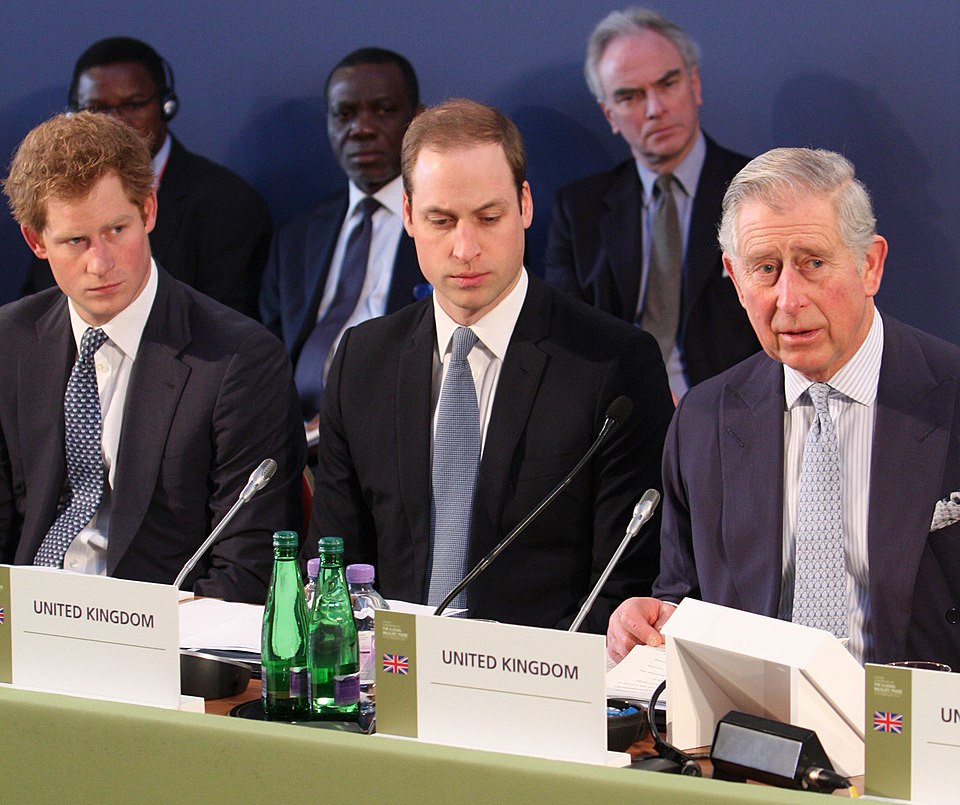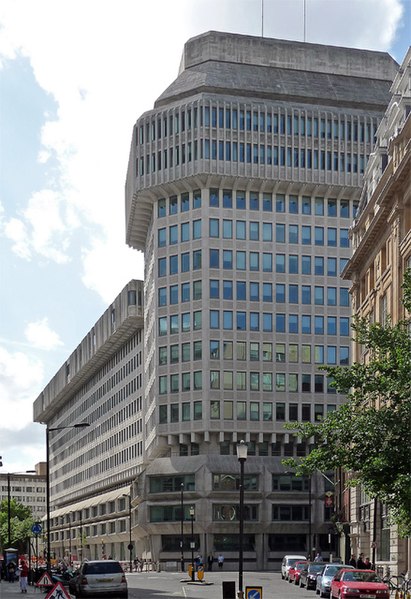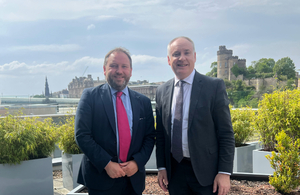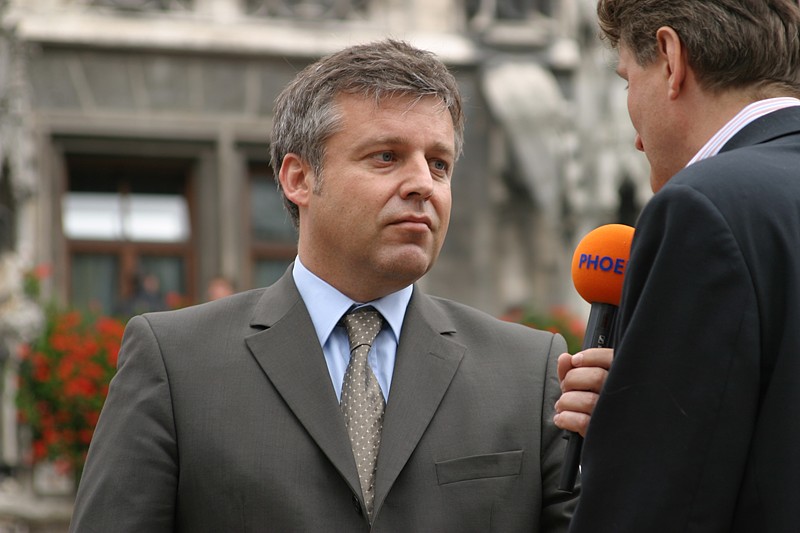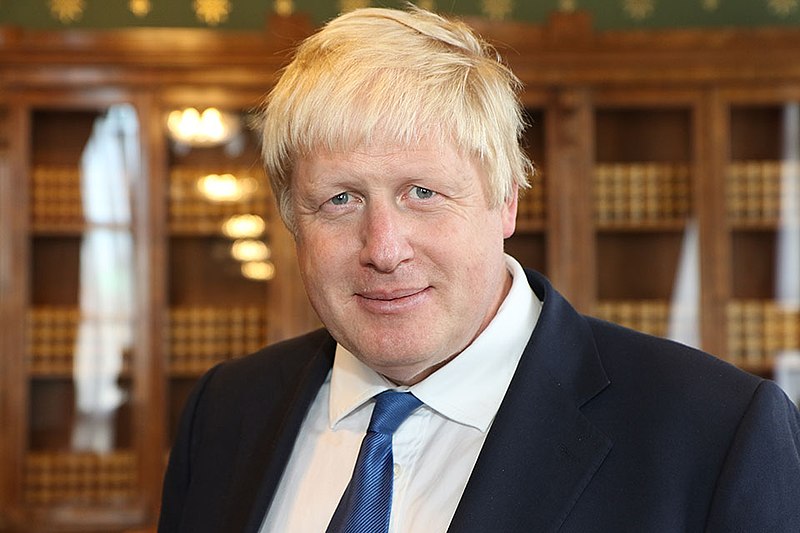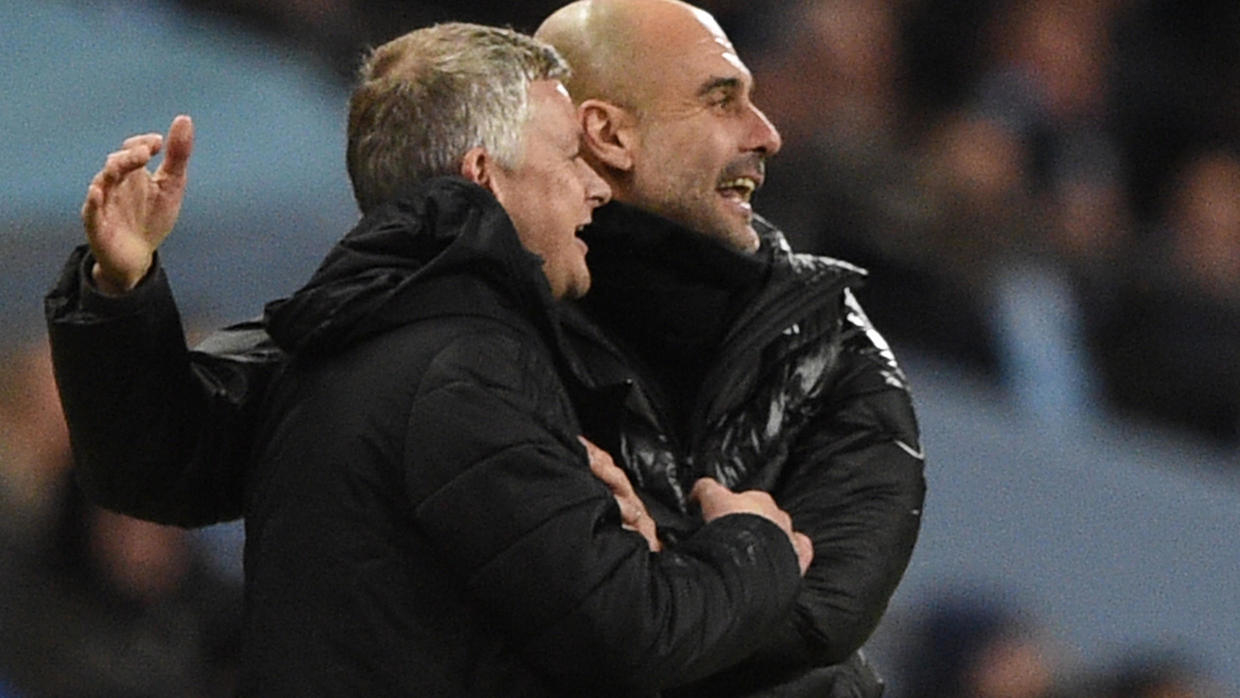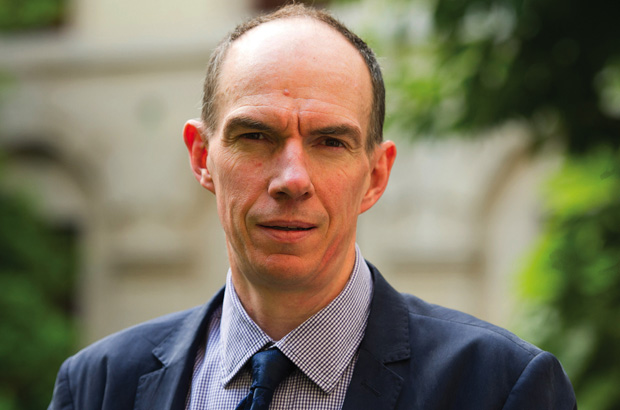
Bank of England Deputy Governor Dave Ramsden expressed on Friday that the likelihood of British inflation persisting at elevated levels has diminished, suggesting it might actually turn out to
be weaker than initially anticipated by the BoE. Ramsden, who has recently advocated for maintaining interest rates at their highest levels since 2008, indicated that inflation could hover around the BoE's target of 2% for the next three years, rather than escalating as projected earlier in the year.
"Over the past few months, I have gained confidence in the diminishing risks associated with sustained domestic inflation pressures, largely due to improved inflation dynamics," Ramsden stated.
Earlier in the week, BoE Governor Andrew Bailey also mentioned that inflation in Britain was slowing down, aligning with the central bank's expectations. Data released on Wednesday revealed that the annual consumer price inflation in Britain dropped to 3.2% in March from 3.4% in February, marking a decline from its peak of 11.1% in October 2022, although the decrease was slightly less than what investors had anticipated.
The BoE had forecasted that inflation would fall below its 2% target in the current quarter, primarily due to weakened energy prices, before rebounding to around 3% by the end of the year. However, Ramsden, speaking at a conference organized by the Peterson Institute for International Economics, expressed skepticism about this forecast, suggesting it might be overly optimistic.
Ramsden emphasized, "In my view, the balance of domestic risks to the UK inflation outlook, compared to the February forecasts, now leans towards the downside. There's a plausible scenario where inflation remains near the 2% target throughout the forecast period."
While Britain continues to witness robust inflation in the services sector, with a rate of 6.0% in March, Ramsden anticipated that it would eventually align with services inflation in the United States and the euro zone. However, he noted that unlike the United States, Britain is experiencing persistently sluggish economic growth, which complicates the inflationary backdrop.
Recent remarks by U.S. Federal Reserve Chair Jerome Powell, indicating the need for more time before considering higher interest rates to combat inflation, led investors to revise down expectations for rate hikes by other central banks, including the BoE. It is now anticipated that the BoE might implement at most two interest rate cuts before the year concludes.
"I will continue to adopt a vigilant and responsive approach to my policy decisions, as I have aimed to do throughout this period of unprecedented structural shocks," Ramsden affirmed. Photo by UK Government, Wikimedia commons.








